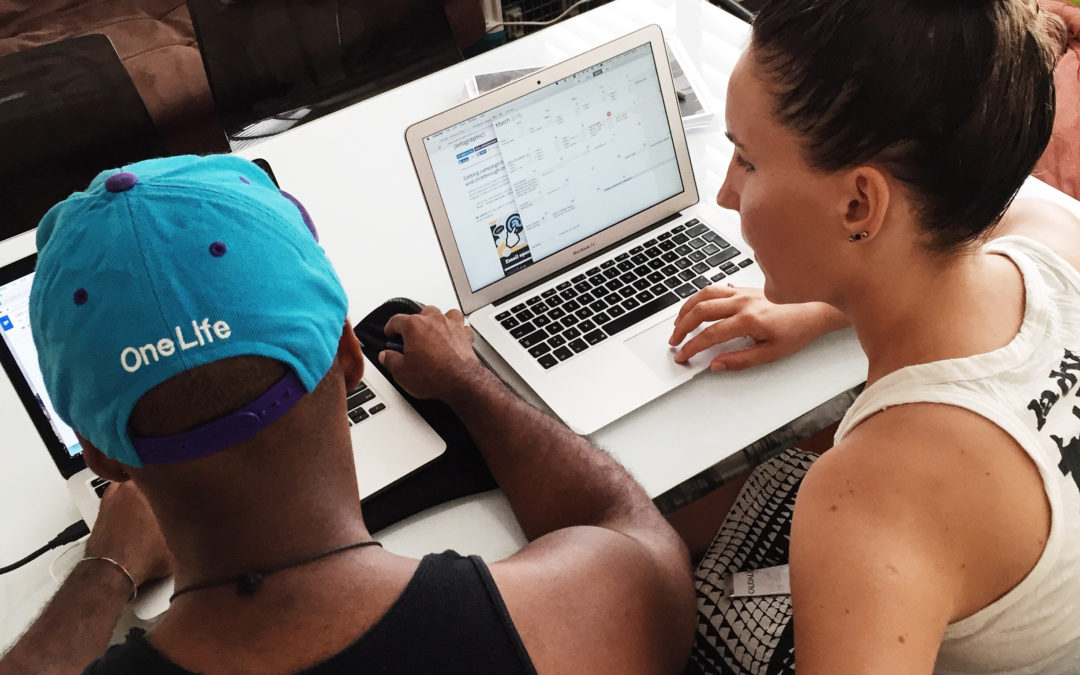Ask the average American to describe what the tech world looks like and they would most likely describe a Mark Zuckerberg or Steve Jobs. Yet underneath the veil of successful startups and huge technological advances there is a far more diverse group of innovators who are pushing to have their voices be heard.
How Silicon Valley’s brightest are changing the tide
Headed by women in prominent tech roles at Google, Pinterest, Slack, and more, Project Include was born from the desire to create solutions instead of just conversation around the topic of diversity in tech. They plan to focus their efforts on smaller startups, those with 25-1,000 employees, in order to help create a culture of diversity early-on. Companies who agree to participate will track the diversity of their employees over time and the anonymized data will be compiled to determine if progress is being made.
In addition to creating a database of information to help better inform the debate and convince the tech world that it’s time to make meaningful advances, Project Include wants to push everyone from CEOs to regular employees to question the status quo.
They explain, “It is hard to move away from processes and ways of doing things that tech startups have relied on for decades…We’ve been trained to hire for culture fit, to look for school pedigrees, to build cultures to reinforce the way companies operate today, and to continue the patterns that have made tech a powerhouse industry.”
Finding success in diversity solutions
Case studies compiled by the organization show the success some organizations have had in intentionally creating a diverse workforce. Jeff Lawson, CEO of Twilio shared, “Mitch and Freada kept sending me announcements of events or articles about diversity and I kept thinking, ‘that’s great for them, but don’t they recognize I have a business to build and run?’ And then it dawned on me, when will it be a good time to pay attention to diversity? When I have 1,000 white male engineers? Will that be a good time to start?”
According to the National Center for Women & Information Technology, in 1985 37% of Computer Science bachelor’s degree recipients were women. In 2014 that number had dropped to 14%. Luckily organizations like Project Include and Base 11 can serve as reminders that yes, now is the perfect time to start acting on viable solutions to create a more diverse STEM workforce.

